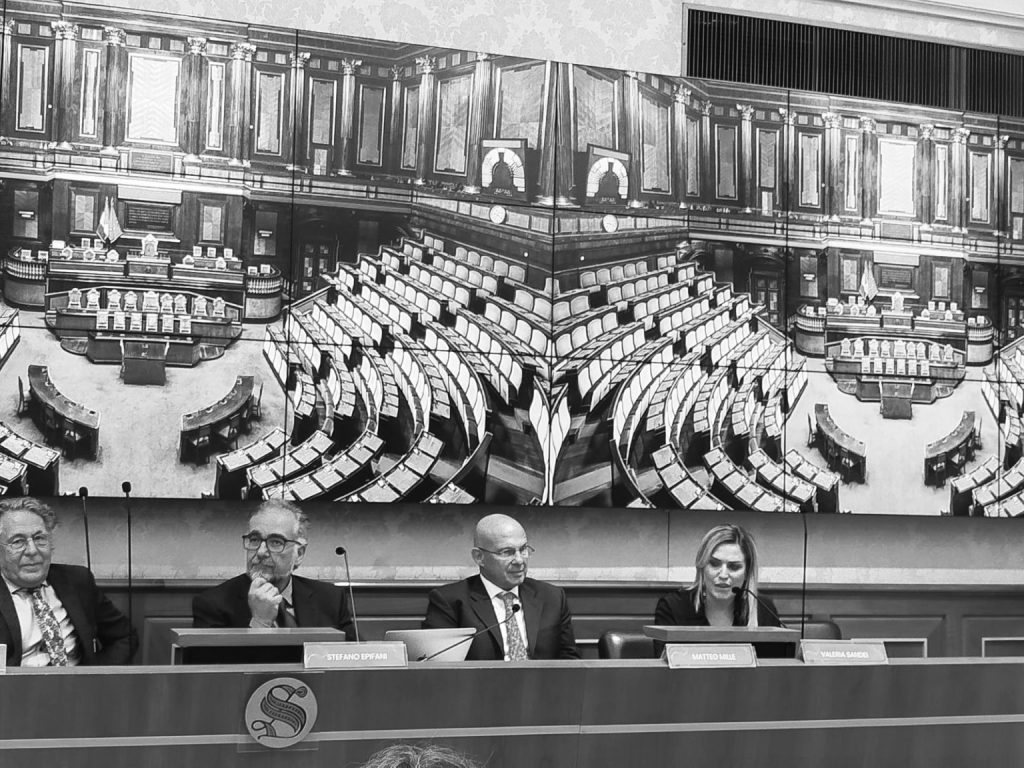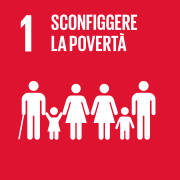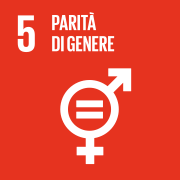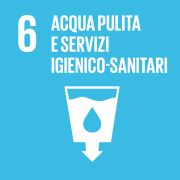
Using technology to help people. This is precisely the aim behind mySMART Diary, the first web app at international level, realised by the Foundation for Digital Sustainability in collaboration with Microsoft Italy and Almawave, created to support therapists in improving the condition of patients suffering from eating disorders (DCA).
This project, of high technological complexity, concretely demonstrates how crucial it is to continue to develop and implement technologies – such as artificial intelligence – that, if well oriented, can become the engine of a sustainable transformation for society as a whole. We talked about this in this interview with Valeria Sandei, CEO of Almawave, and Matteo Mille, Chief Sales Enablement & Operations of Microsoft Italy.
mySMART Diary: the person at the centre
As illustrated during its launch last October 1 in the Senate Press Room, this ‘digital diary’ uses mentalisation models and Artificial Intelligence to support both patients and therapists. Its aim is not only to monitor eating behaviour, but also to shed light on the emotional and relational disorders that underlie it.
“mySMART Diary is important because it concretely highlights how digital can make a difference not only in terms of operational efficiency, but above all in terms of human and social impact,” explained Valeria Sandei. “The application of Artificial Intelligence to innovative projects like this one shows how it is possible to always put the person ‘at the centre’ and offer personalised support to therapists and patients, freeing up time and resources to devote to more human and deeper attention. This is really fundamental for us and represents the sense of our mission: Almawave, and the parent company Almaviva, have always worked on technologies that aim to improve people’s quality of life‘.
“The importance of mySMART Diary lies in its ability to harness Artificial Intelligence to help improve people’s lives,” emphasised Matteo Mille. “We firmly believe that technological innovation, when applied responsibly, can enable highly personalised solutions capable of having a direct impact on people’s well-being. With mySMART Diary, Artificial Intelligence can help monitor eating disorders in real time and provide information to the therapist who can compare it with his clinical impressions and evaluations, facilitating his work. Through the application and use of generative AI, a more data-aware and data-supported approach is possible, making accessible resources that can really make a difference for patients and health professionals. This project demonstrates our commitment to continue developing solutions that put the person at the centre, contributing to a more inclusive and sustainable future through AI.”
The crucial role of privacy and sustainability
In order to realise a tool that is functional and consistent with the principles on which it is based, a number of technological complexities have been addressed over the course of these months, with the necessary attention being paid to certain aspects that are essential in the use of applications of this type. “The realisation of the application required the contribution of various actors actively involved in order to offer an initial application that, thanks to the discussion with experts, could contribute to improving the condition of patients suffering from DCA,” Matteo Mille continued. “Great attention was paid to two specific aspects: user privacy and the overall sustainability of the application. In relation to the first point, mySMART Diary uses a ‘stateless’ artificial intelligence engine, i.e. one that does not retain memory or context of past interactions during a session or between sessions“.
Moreover, as Valeria Sandei pointed out, ‘the Artificial Intelligence system of mySMART Diary is quite articulated and intervenes at different points of the interaction with the app, keeping the clinicians’ address and supporting them in analysing the information. At the same time, the technology platform pays the utmost attention to the handling of personal data. To do this, state-of-the-art artificial intelligence models and so-called ‘guardrailing’ systems have been used to provide the expected support within the defined guidelines‘.
Investing in Sustainable Artificial Intelligence
The project, therefore, implements Artificial Intelligence according to sound sustainability principles. And it is in this way that this technology, today at the centre of debates, can express its full potential, contributing to the creation of a better society. “AI has enormous potential in creating a positive and lasting impact on sustainability, but only if it is guided by principles of responsibility,” Matteo Mille pointed out. “Applications that integrate this technology have significant potential to address global challenges by improving efficiency and reducing waste. Investing in this direction is not only a matter of innovation, but also of responsibility. At Microsoft, we are based on the Responsible AI (RAI) principles, which drive us to develop ethical, inclusive and safe technology solutions. With this, we are committed to ensuring that AI is accessible to all, emphasising aspects such asinclusiveness, transparency and accountability. Technologies must be designed to serve the common good, ensuring that not only opportunities are expanded, but also that risks are fairly managed. Only through a collective commitment to responsible AI can we realise the full potential of these applications for a more sustainable and just society‘.
This is the lens through which to look at and develop a technology on which, as Valeria Sandei further explained, we need to continue to invest decisively, in order to secure the support of a potentially strategic tool for tackling the challenges that sustainability confronts us with. “Artificial Intelligence can be an enabler of sustainability with a very high application potential, so it is extremely important to continue investing in this direction. In fact, we need to keep innovating: AI still has a lot of room for improvement and its potential is closely linked to its ability to tackle new challenges, such as integration with emerging technologies and large-scale data management. Investing in research and development on AI technologies is essential to maintain competitiveness and push towards new solutions that can enable more sustainable systems. Not only can AI enable cost optimisation, it can enable systemic change towards more sustainable processes. For example, in our application, real-time data collection and analysis can help specialists make faster and more targeted decisions, optimising treatments. Investing in AI integration also means creating applications that can have a positive impact on people’s lives, improving the quality of services and quality of life, while reducing the consumption of physical resources‘.
From the States General of Digital Sustainability to mySMART Diary: the power is in the collaboration
This project was also made possible thanks to the contribution of Deda.Next, DXC Technology Italia, R1 Group and Sopra Steria, partners of the Stati Generali della Sostenibilità Digitale: the community of more than one hundred CIOs from some of Italy’s leading companies and organisations brought together by the Foundation for Digital Sustainability, within which the Digital4Aid charity programme, and thus mySMART Diary, came to life. Strongly demonstrating that although individual initiative can be virtuous, it is collaboration that makes the real difference in building a better future. “mySMART Diary represents a clear example of how collaboration between different stakeholders can result in innovative and meaningful solutions,” explained Matteo Mille. “In a context such as the States General of Digital Sustainability, the importance of these initiatives is crucial: they foster an open and constructive dialogue between companies, institutions and communities, creating synergies that lead to tangible results for society. Like Microsoft, we firmly believe in the power of collaborative innovation. Our contribution to this community focuses on providing advanced technologies, such as artificial intelligence, that can support sustainable and responsible projects. We intend to share our expertise and resources to facilitate the development of digital solutions that not only meet today’s needs, but are also designed for a more sustainable future. We are ready to work together to promote ethical and inclusive practices in the technology sector, ensuring that sustainability becomes a shared priority‘.
“The combination of the different competences and technical and design skills of the various actors involved, directed and coordinated towards a common goal, enables great results,” concluded Valeria Sandei. “The appointment of the States General will be an opportunity to make more structured what has already been experimented with mySMART Diary, which in this sense we can consider a pioneer project. The meeting on 8 and 9 November, in Bologna, will allow expert technologists from Italy’s leading private and public companies to discuss the topic of digital sustainability with the declared intention of building participatory projects to make the world a better place. Our approach is optimistic, we truly believe that digital innovation can be a tool for evolution and in the ability of AI to positively transform our lives. Personally, I see a future full of opportunities‘.
















